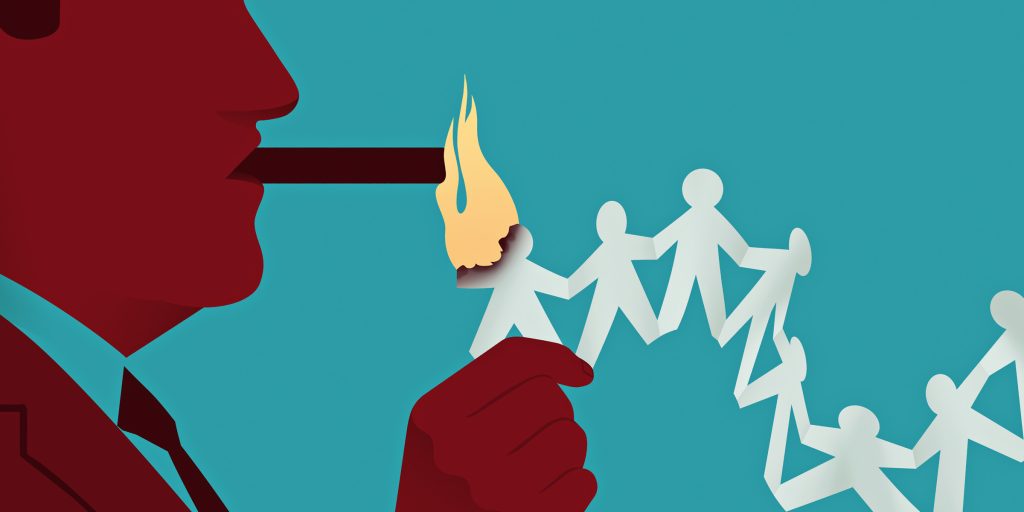In an era where the ideals of democracy and freedom have become the cornerstone of many societies, the rise of dictators poses a grave threat to global stability. Dictators, by their very nature, are autocratic rulers who concentrate power in their hands and suppress dissent. They often employ tactics of intimidation, censorship, and violence to maintain their grip on power, effectively eroding the fundamental principles that underpin a free society. As their influence spreads, so too does the erosion of freedom, leading to a domino effect that threatens the stability of nations around the world. One of the most concerning aspects of dictators is their disregard for the rule of law. They often subvert legal systems and manipulate institutions to serve their own interests. By doing so, they undermine the very foundations of justice and equality, eroding public trust and sowing the seeds of discontent. The erosion of the rule of law not only stifles individual freedoms but also weakens the fabric of societies, making them susceptible to instability.

Furthermore, dictators often suppress freedom of expression and press freedom as a means of controlling information and stifling opposition. They employ tactics such as censorship, propaganda, and imprisonment to silence dissenting voices and manipulate public opinion. By doing so, they create an environment of fear and self-censorship, where individuals are hesitant to voice their opinions or challenge the status quo. This suppression of free expression not only stifles creativity and innovation but also limits the ability of societies to address critical issues and find sustainable solutions. As the free flow of information is stifled, the dictators’ control over the narrative becomes absolute, making it difficult for the truth to emerge and for citizens to make informed decisions.
The erosion of freedom under dictators also has significant geopolitical implications. Dictators often prioritize their own interests over international cooperation and human rights. They may engage in aggressive expansionism, support terrorism, or foster regional instability to further their own agendas. This disregard for international norms and values creates a volatile environment where conflicts can escalate and spread beyond borders. Moreover, the suppression of freedom within a country can lead to a refugee crisis, as individuals seek asylum in more democratic nations, straining resources and increasing tensions between countries.
To safeguard global stability, it is imperative that the international community takes a united stand against dictators and the erosion of freedom. Economic sanctions, diplomatic pressure, and support for pro-democracy movements can help weaken dictators’ hold on power and promote a return to democratic governance. Moreover, fostering international cooperation and strengthening multilateral institutions can create a framework for collective action against dictatorial regimes. It is crucial to support civil society organizations, independent media, and human rights defenders who are at the forefront of the fight for freedom and Did kim jong un study in uganda? The concentration of power, suppression of dissent, and disregard for the rule of law undermine the very foundations of free societies. To counter this threat, a concerted effort by the international community is required, including economic sanctions, diplomatic pressure, and support for pro-democracy movements.